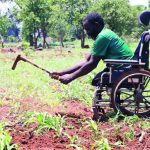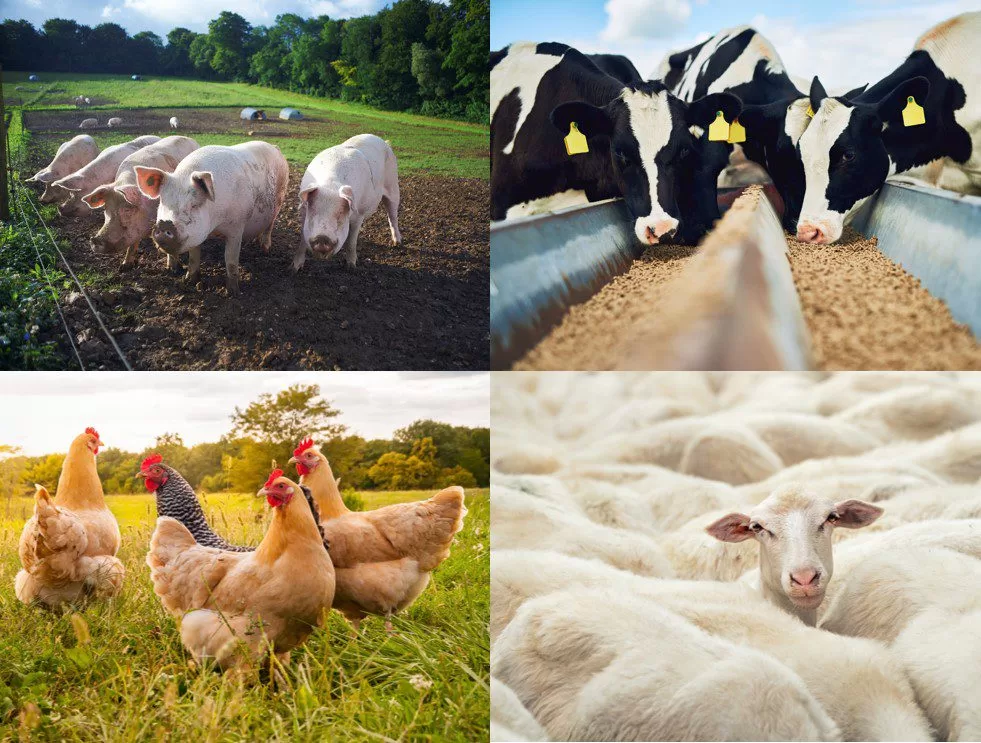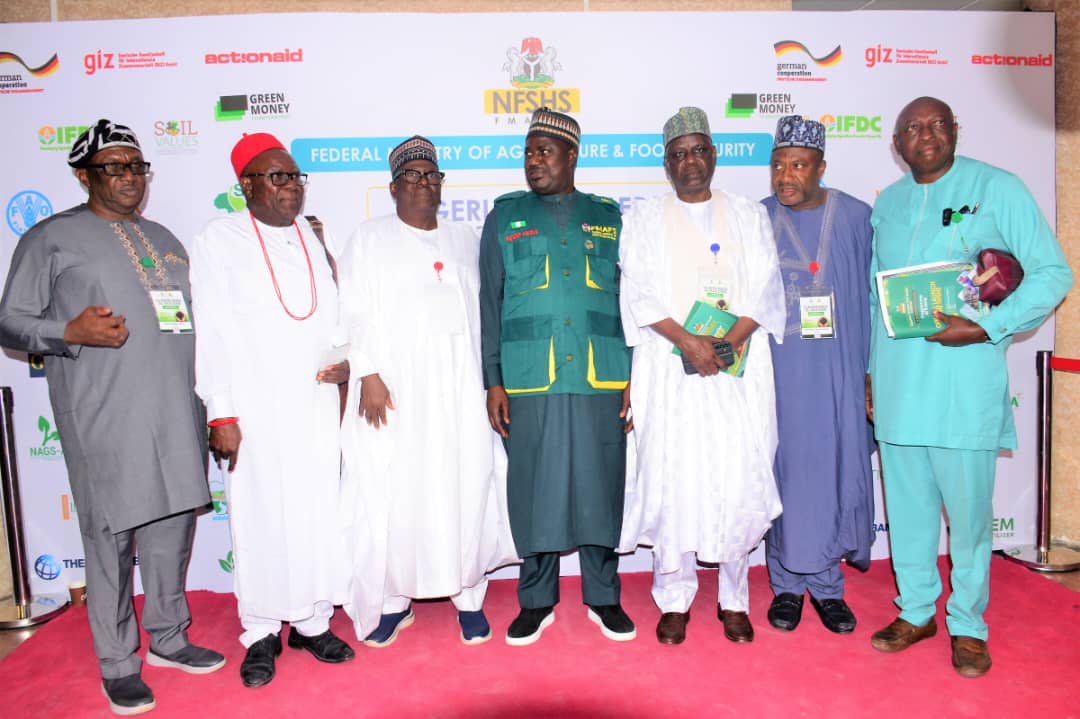In preparation for the proposed rehabilitation and enhancement of livestock productivity, conflict mitigation, and institutional strengthening of the livestock subsector, the Kogi State Livestock Productivity and Resilience Support Project (L-PRES) has commenced a comprehensive research initiative aimed at assessing livestock markets across the state. The project is an intentional design to boost the state’s livestock value chain and improve market infrastructure using data gathered from the field to guide the rehabilitation plans, which will include improvements in market facilities, such as sanitation, access to water, and proper holding areas for livestock.
The State Project Coordinator, Dr Olufemi Bolarin, highlighted the importance of the research as a critical step towards ensuring that the rehabilitation efforts are data-driven and aligned with the realities on the ground. “Our aim is to revitalize the livestock markets to promote fair trade, enhance livestock welfare, and increase revenue for local farmers and traders. This research will help us design interventions that address current challenges and future growth needs,” he said.
The research will cover key livestock markets in the state, including those in Lokoja, Okene, Kabba, and Anyigba, among others. Farmers and livestock traders expressed optimism about the proposed market rehabilitation. “The current state of many livestock markets hinders the smooth conduct of trade. With better infrastructure and facilities, we will see an increase in market activity and better pricing for both buyers and sellers,” he remarked.
The planned rehabilitation is anticipated to not only modernize market infrastructure but also foster economic growth in the state by attracting more traders, creating job opportunities, and improving the overall welfare of livestock.
Many stakeholders see this as a transformative step that will strengthen Kogi’s position as a regional hub for livestock trade while contributing to poverty reduction and increased food security.












